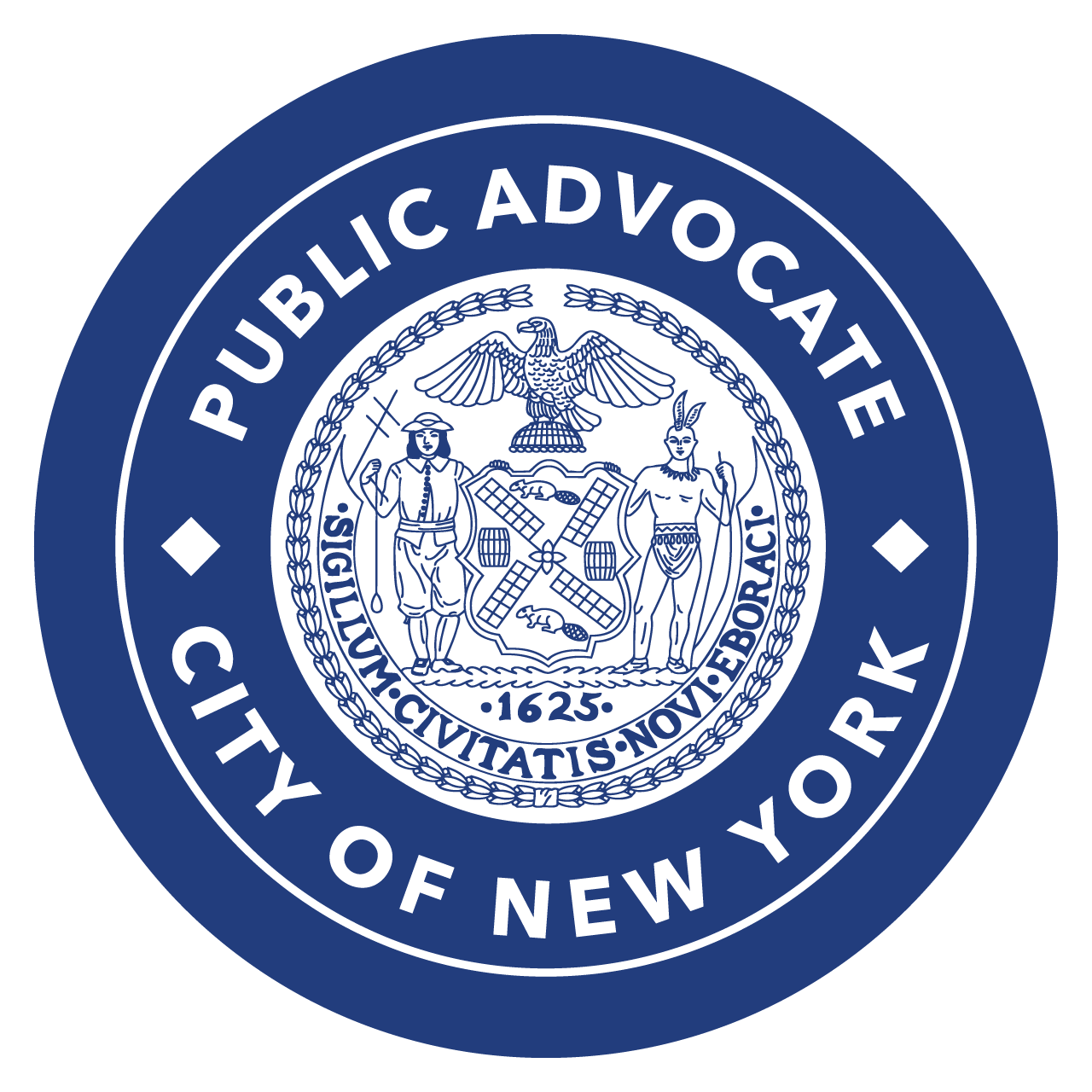Mayor Eric Adams signed legislation today from Public Advocate Jumaane D. Williams to require the city to screen incarcerated individuals for dyslexia within city jails and provide appropriate interventions. The new law will help to expand educational and health services, improve programming inside city jails, and reduce recidivism upon release.
Specifically, Int. 349-A will mandate that the Department of Correction to provide dyslexia screenings for individuals under the age of 22 years old within 72 hours of intake who self-report that they do not have a high school diploma or its equivalent. This requirement will expand to include all incarcerated people by December 31, 2025. This law will then require the city to offer evidence-based intervention programs to individuals who are diagnosed with dyslexia during the screening. The legislation builds upon the federal First Step Act of 2018, which mandated dyslexia screening in federal prisons.
“A great deal of work needs to be done on Rikers, and the foundations on which the system was built were not designed to truly support the needs or well-being of people on the inside. Dyslexia is already under-discussed – and likely under-diagnosed – in our city, and evidence suggests that this problem is exponentially worse among incarcerated people. By screening and servicing affected individuals, we can help correct an educational services gap that should have been addressed long ago, providing new opportunities for people on the inside and helping to prevent them from re-entering the criminal justice system in the future," said Public Advocate Jumaane D. Williams. "Identifying and addressing dyslexia and illiteracy through trained educators will make time while incarcerated more positive, and employment after incarceration more accessible. If we had done a better job as a city of meeting this need early in New Yorkers' education, we may have prevented many people from contact with the system in the first place. I thank the Mayor for signing this key legislation."
The enacting of this law comes as reports have shown that incarcerated individuals often do not receive the support they need related to dyslexia, despite many individuals who are incarcerated having the learning disability. Dyslexia is a major contributing factor to illiteracy, which in turn is often correlated to contact with the criminal justice system. While studies vary, data has shown that as many as one third to half of incarcerated people in some prisons may have dyslexia. As many as 80% may have difficulty with reading comprehension.
Addressing dyslexia while incarcerated would also help New Yorkers secure employment upon their release, a cause that the Public Advocate has advanced through the Fair Chance Act and its expansion. A study found that incarcerated people who took part in education programs were 43 percent less likely to commit crimes following their time incarcerated.
More information on the bill is available here.
